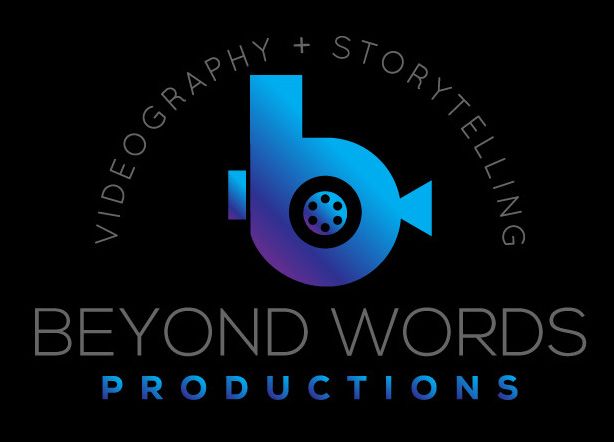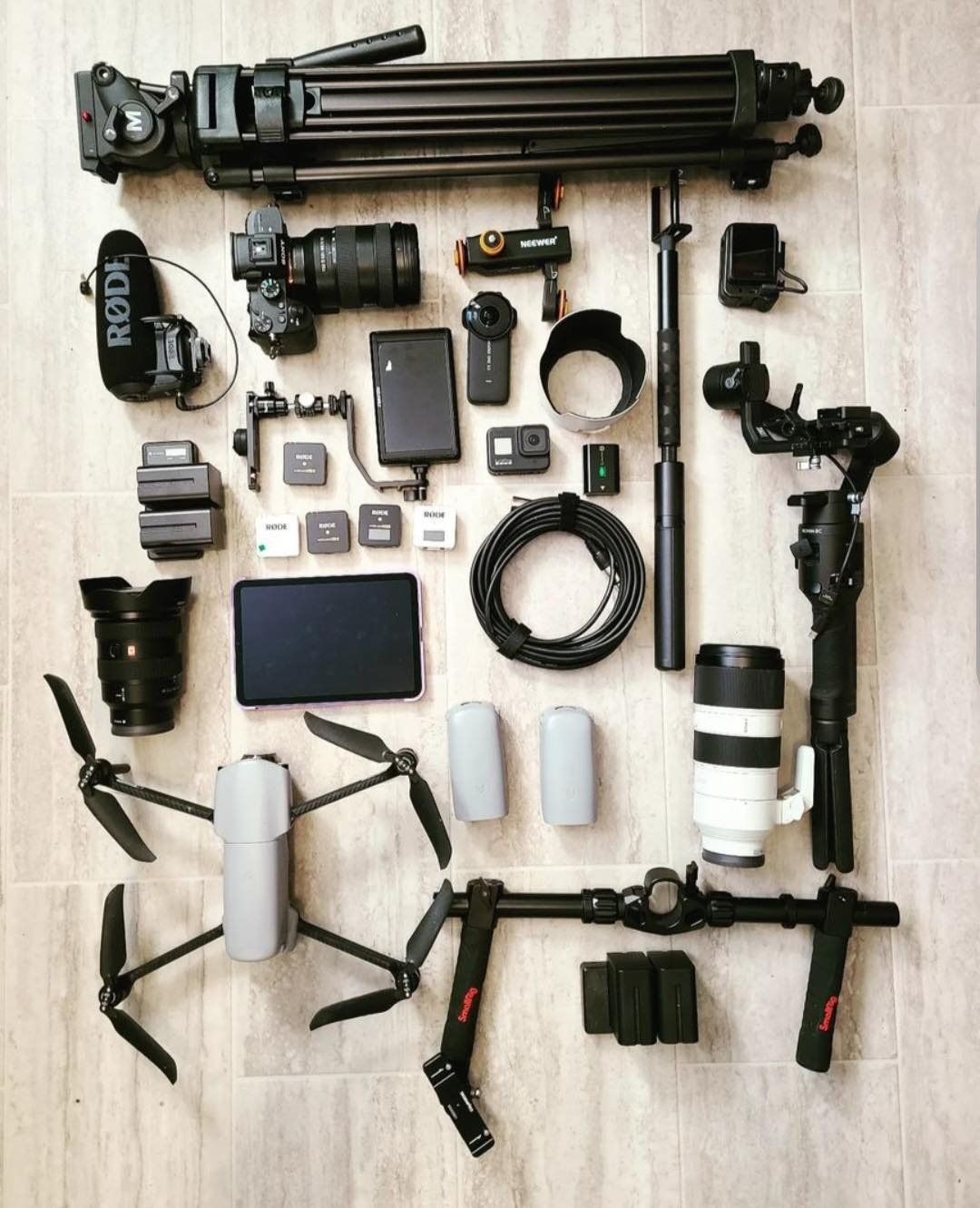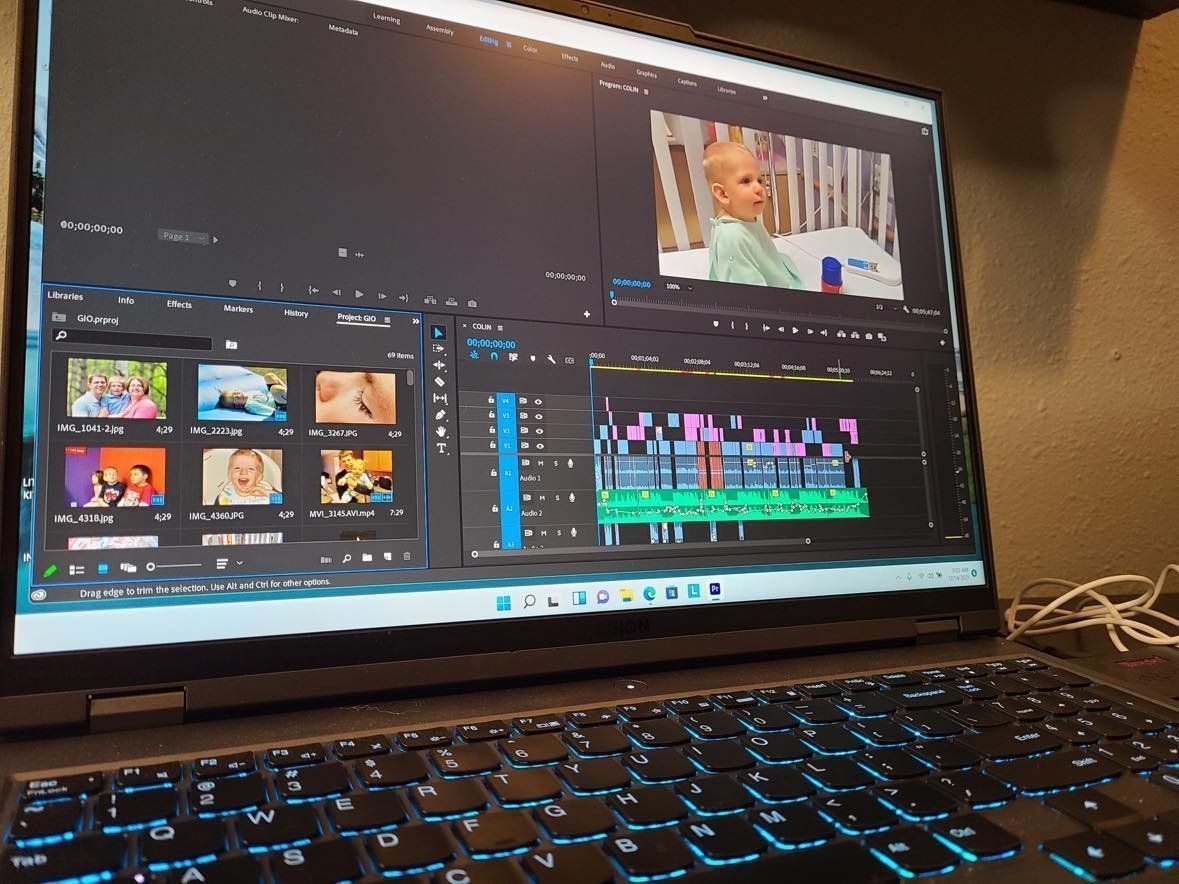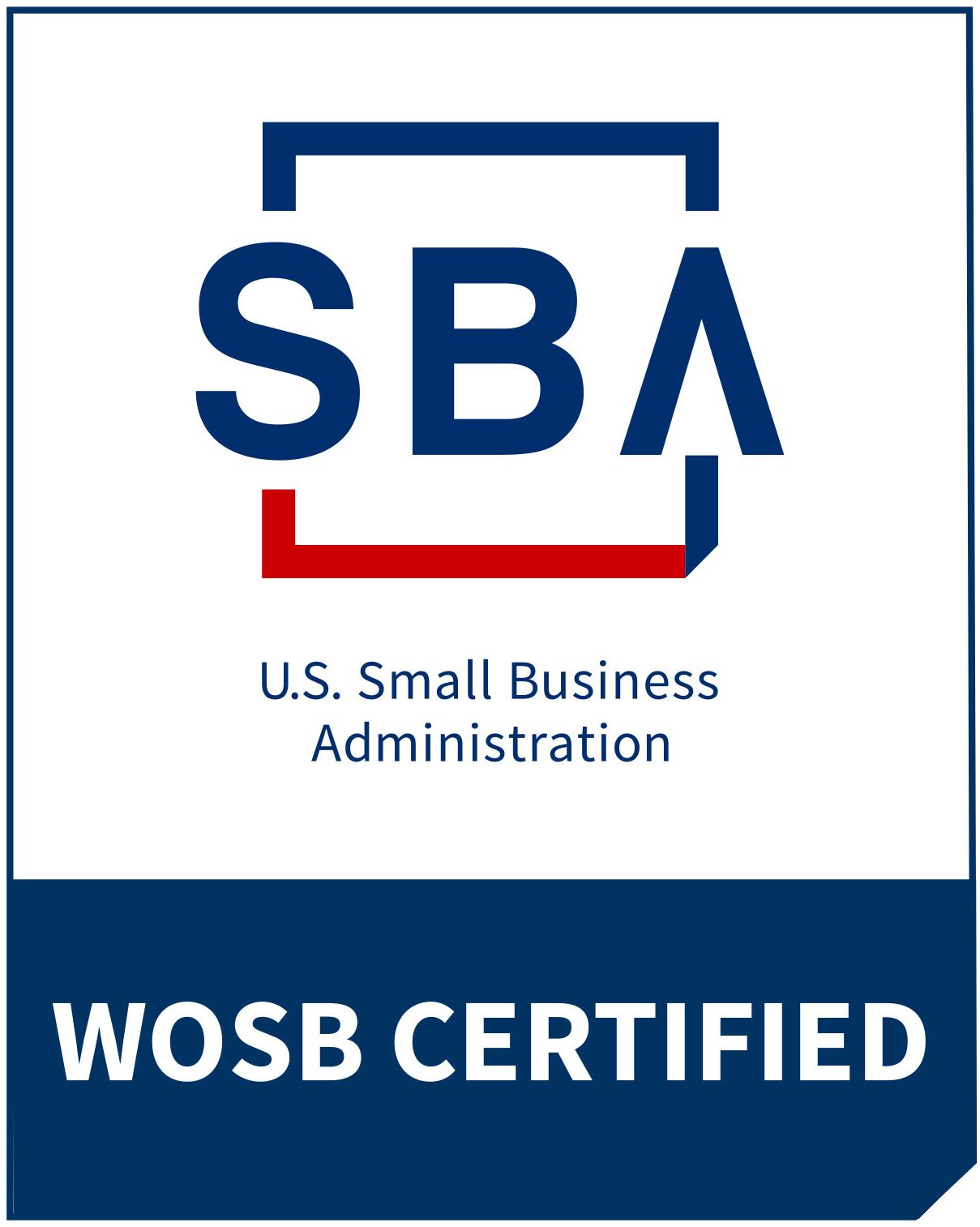Budgeting for Success: How Much Does Videographer Cost?
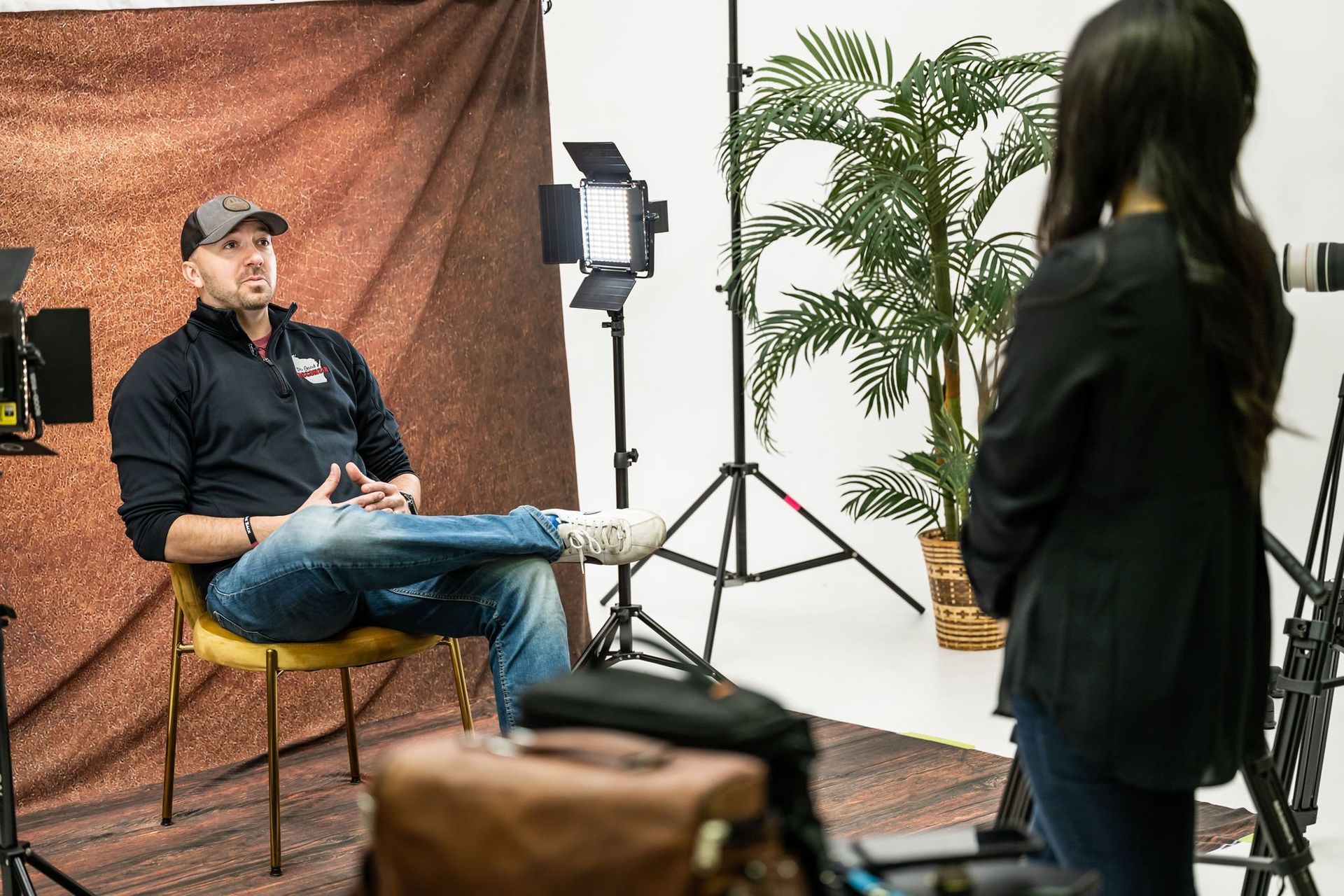
Video is an exemplary way to stand out in a crowded market. Hiring a professional videographer can elevate and amplify the quality of the product you’re putting out there, but how much should you put aside for a professional service like this? Do videographers cost per hour? What’s the average day rate of a videographer?
Let’s explore some key factors that can help you determine what your video project might cost:
1. Define Your Project Scope:
The first step in budgeting for a videographer is to define the scope of your project. Are you looking for a single video for a specific campaign, a series of videos, or ongoing video content production? The complexity and volume of work required will significantly impact the cost.
2. Experience and Expertise:
Experienced videographers with a strong portfolio often have higher rates. Their expertise and skills can be worth the investment, especially for projects that require a high level of creativity and storytelling. On the other hand, less experienced videographers or newcomers to the industry may offer more budget-friendly options. But with that said, you will get what you pay for. (Rates can range from $25/hour for newbies to $350 an hour on average for more experienced videographers)
3. Equipment and Resources:
The type of equipment used by the videographer can influence pricing. High-end cameras, drones, stabilizers, and lighting setups can enhance the quality of your video but may come with additional costs. Every videographer will price this differently but I've seen it range from $1,000 - $3,000 per day for use of higher end equipment.
4. Location and Travel:
If your project requires shooting in multiple locations or involves travel, factor in travel expenses such as transportation, accommodation and meals. These costs can vary depending on the distance and duration of the shoot. Many videographers will set their own day rate or half day rate. Some charge by the hour. Some are a combination of the two. Day rates for smaller video companies can range from $800-$3,500 per day. Once you start getting into larger video production companies, those numbers get even higher.
5. Length and Complexity of the Video:
Longer videos or those with intricate editing and post-production requirements generally require more time and effort. This can affect the overall cost of your project. Communicate all your video's specific needs with potential videographers to get accurate quotes. Some videographers will charge you an hourly editing rate, some charge a flat rate per minute of finished edited video.
6. Editing and Post-Production:
Don't forget to budget for editing and post-production work, which is often a significant part of the video production process. Editing, sound design, color grading, and graphic animations can add to the overall cost. If you only need the raw footage, the cost will be lower than if you needed it all edited together. That said, if you already have all the footage and just need an editor, ask your videographer if they offer just editing services as well.
7. Licensing and Usage Rights:
Determine whether you need exclusive rights to the video footage or if you're comfortable with non-exclusive licensing. Most videographers will grant their clients access to the final video products delivered but do not give access to the raw footage for the client to use. If you need exclusive rights to the raw footage, that typically comes at a higher price. Think about it: If you have access to all the raw footage and never need that videographer’s services again, that videographer is losing out on future business with you because you have all the material you need to put that video together. So, they will typically charge an additional fee to sell you the raw footage. Of course, that fee probably won’t be as costly as having them edit together several more videos for you.
8. Get Multiple Quotes:
It's a good practice to request quotes from multiple videographers. This will give you a better sense of the market rate for the type of services you require. Remember, the lowest quote isn't always the best option; consider the quality of work and the videographer's experience.
9. Consider the Value:
When budgeting for a videographer, think beyond the immediate cost. Consider the long-term value that high-quality video content can bring to your brand. A well-produced video can boost engagement, conversions, and brand perception, making it a worthwhile investment. People who spend several thousand dollars on a video could see several hundred thousand dollars as a return on their investment through new clients, donations, etc. as a result of that video. We’ve seen it happen.
There’s no one-size-fits-all answer to how much a business should expect to spend on a videographer. Your budget should align with the specific requirements of your project, the expertise and experience of the videographer and your overall business goals. If we had to say a number… on average, expect to spend at least several thousand dollars on a well-produced video. The bigger the video company ( i.e. the more employees, contractors, and overhead they need), the more you will be paying for your video (just like any business/service). I've seen 30 second videos range in price from $400- $10,000 depending on a number of factors that are involved in the production. Videographers have to make a living off their clients’ projects so it would be unreasonable to only budget several hundred dollars for a project that might take a couple weeks or more to complete. If you wouldn’t be willing to accept a $500 or less payment from your workplace every pay period, it’s good to assume a videographer shouldn’t work for that little either.
Ultimately, the right videographer can be a valuable partner in helping your business succeed through compelling visual storytelling.

